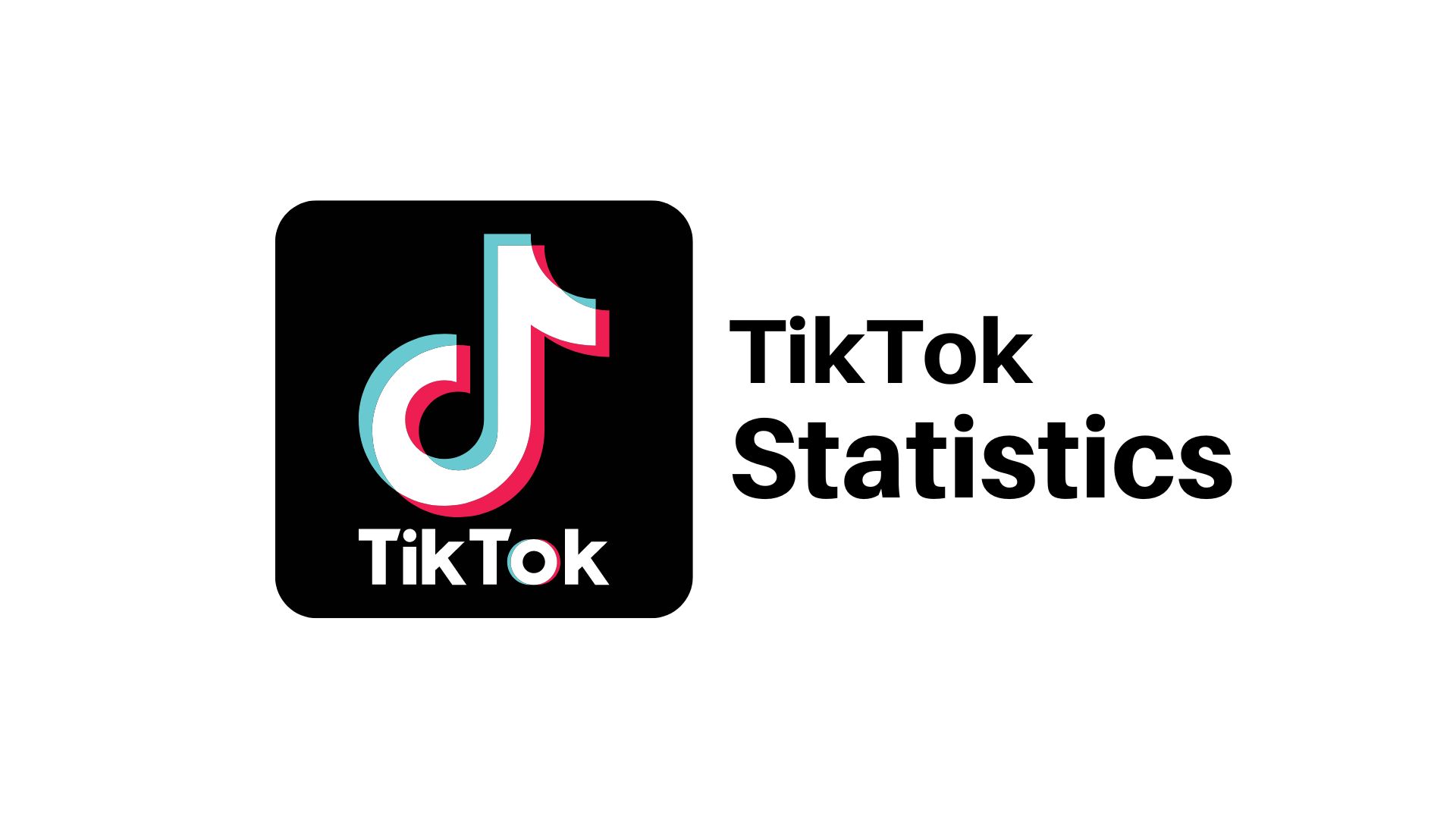CRM Adoption Continues at an Aggressive Pace
Spending on customer relationship management (CRM) applications will grow to $10.4 billion by the end of 2001, a 167 percent increase from the $3.9 billion spent in 2000, according to a report by eMarketer.
Despite the current uncertain economic times, eMarketer's CRM Report found the adoption of CRM solutions is moving ahead at an aggressive pace as organizations are spending targeted time, effort and money to retain and leverage their existing customer base.
"Much of the survey data from late 2000 indicated that more than 80 percent of businesses were placing a high priority on CRM initiatives going into 2001," said Steve Butler, senior analyst at eMarketer. "With 52 percent of Seibel Systems' sales coming from new clients during the first quarter of 2001, it is clear that companies are following through on their CRM implementations, despite the economic slowdown. It makes sense from a financial standpoint as the cost of acquiring a new customer can be as much as five times the cost of holding on to an old customer."
| Related item:
Read: |
The report also found that businesses are focusing on the integration of telephony and Internet-based customer service channels as their top CRM priority. Marketing and analytical CRM applications are expected to be used by more businesses as well, with Accenture finding that 83 percent of Global 2000 companies plan to improve customer service by collecting and maintaining customer information. For every $1 that a business spends on CRM software, it also spends between $2 and $5 on implementation and maintenance over the lifetime of the product, but the investment could be well worth it. Nine out of every 10 interactions that a company has with a customer are not transactions; instead, they are some form of communication. EMarketer's report found that companies can increase profits by more than 25 percent if they simply reduce customer defections by just 5 percent.
The worldwide market for CRM applications is dominated by the United States and Europe, which together will account for more than 75 percent of CRM industry software and services revenues in 2003. According to research by Datamonitor, the market for CRM software in Western Europe will more than triple in the next five years, from $2.2 billion in 2000 to $7.6 billion by 2005.
In North America, Datamonitor predicts the market for CRM software will grow from $3.9 billion in 2000 to $11.9 billion by 2005. The CRM market in the region will grow most rapidly in the government, entertainment and Internet retailing industries. In both North America and Europe, Datamonitor predicts ASPs will open a new market for CRM applications by making them affordable to small and medium-sized enterprises.
One-third of major U.S. companies have a customer have a CRM program or project in place, or will have one in place within the next 12 months, according to a survey by Harte-Hanks. Of those implementing a CRM solution, approximately 26 percent are using or building a fully developed in-house solution, while the balance are using a variety of external partners and software packages.
Harte-Hanks' survey found that 16 percent of the companies that started CRM projects this year are developing a program primarily in-house with some external development. Another 27 percent have outsourced the CRM project, while 26 percent are utilizing in-house development of a commercial CRM package.
"Many companies are buying the CRM gospel, but they are not buying a prepackaged solution," said Bob Brown, group president, market intelligence, CRM, Harte-Hanks. "CRM is a strategic corporate decision, yet the complexity of many projects is driving companies to seek outside partners who can make it happen."
The estimated time period to implement a CRM solution appears to revolve around one year's time. According to the study, 72 percent of the companies currently involved in a CRM project report that it will take up to a year to be fully operational. Meanwhile, 47 percent of the companies planning a CRM project believe they will be fully operational in one year.
Reprinted from CyberAtlas.
